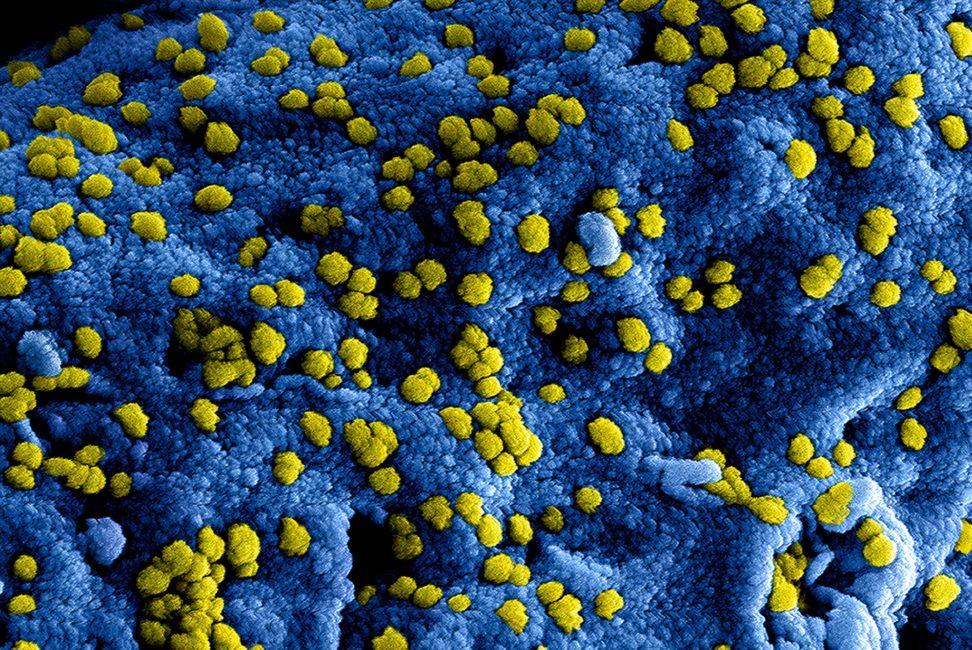December 08, 2021: “Despite pandemic-related disruptions, a total of 76.9 million people received treatment for schistosomiasis in 2020, representing a global coverage of 31.9%, compared with 105 million treated in 2019 (coverage of 44.8%).
The latest data published by the World Health Organization (WHO) show that 28.6 million fewer people were treated for schistosomiasis (bilharzia) in 2020 than in 2019.
This 27% drop in the number of treatments delivered is largely due to the implementation of COVID-19 measures, including school closures.
“We commend the work of national programmes that were able to conduct treatment by observing COVID-19 safety protocols,” said Dr Amadou Garba-Djirmay, Medical Officer, WHO Department of Control of Neglected Tropical Diseases, who heads the global schistosomiasis elimination programme.
“Most interestingly, more than 90% of all treatment was delivered in countries of WHO’s Africa Region, which carries the greatest global burden of schistosomiasis.”
Treatment targeted at school-aged children decreased from 66.8% in 2019 to 44.9% in 2020.
In 2020, some countries with high numbers of people requiring treatment for schistosomiasis, such as the Democratic Republic of the Congo, Ethiopia, Ghana, and Yemen, did not implement large-scale treatment.
Table of Contents
Soil-transmitted helminthiases
The number of school-aged children reached with deworming fell by 25% in 2020 to 342 million, from 455.7 million in 2019.
For preschool-aged children, coverage decreased by 42.9%, from 165.8 million in 2019 to 94.7 million in 2020.
“There was a dramatic decrease from 53.3 million preschool-aged children treated in 2019 to 7.4 million treated in 2020 in WHO’s African Region, and in the Eastern Mediterranean Region from 10 million in 2019 to 0.9 million in 2020,” said Dr Antonio Montresor, Medical Officer, who heads WHO’s global deworming programme.
This decrease was less severe in other regions. For example, from 90.2 to 75.4 million in the South-East Asia Region and from 10.7 million to 10 million in the Western Pacific Region.
In many countries, deworming programmes were carried out to some extent in schools. This is probably due to the resilience of school programmes, which are supported by teachers, who were able to organize some deworming in class despite repeated closures of schools.
Treating women of reproductive age
Women of reproductive age are particularly vulnerable to the damage caused by soil-transmitted helminth and schistosome infections, which adversely affects not only the health of the women themselves but also that of their newborns.
WHO therefore recommends that countries endemic for schistosomiasis and soil-transmitted helminthiases optimize all contacts of women of reproductive age with health services in order to conduct deworming; for example, with antenatal and postnatal clinics for women, and human papillomavirus vaccination for adolescent girls.
Women and adolescent girls in these countries are particularly vulnerable to the damage caused by both diseases which includes anaemia, micronutrient deficits and female genital schistosomiasis.
The diseases
Schistosomiasis is an acute and chronic parasitic disease caused by trematode worms of the genus Schistosoma.
Infection occurs when larval forms of the parasite – released by freshwater snails – penetrate the skin during contact with infested water.
There are two major forms of schistosomiasis: intestinal and urogenital. Intestinal schistosomiasis usually results in diarrhoea and blood in the stool; enlargement of the liver and of the spleen and portal hypertension are common in advanced cases.
Urogenital schistosomiasis is characterized by the presence of blood in the urine. Chronic infection results in fibrosis of the bladder and ureter that can evolve to hydronephrosis and create conditions for bladder cancer.
In women, urogenital schistosomiasis may cause vaginal bleeding, pain during sexual intercourse and nodules in the vulva – now described as female genital schistosomiasis.
In men, urogenital schistosomiasis can induce disease in the seminal vesicles and prostate.
Soil-transmitted helminthiases are caused by a group of intestinal parasites comprising Ascaris lumbricoides (roundworms), Trichuris trichiura (whipworms), Necator americanus and Ancylostoma duodenale (hookworms) and are transmitted by faecal contamination of soil; they adversely affect nutritional status and impair cognitive processes.
Transmission occurs when eggs are passed in the faeces of infected people. Adult worms live in the intestine where they produce thousands of eggs each day.
In areas that lack adequate sanitation, these eggs contaminate the soil.”


